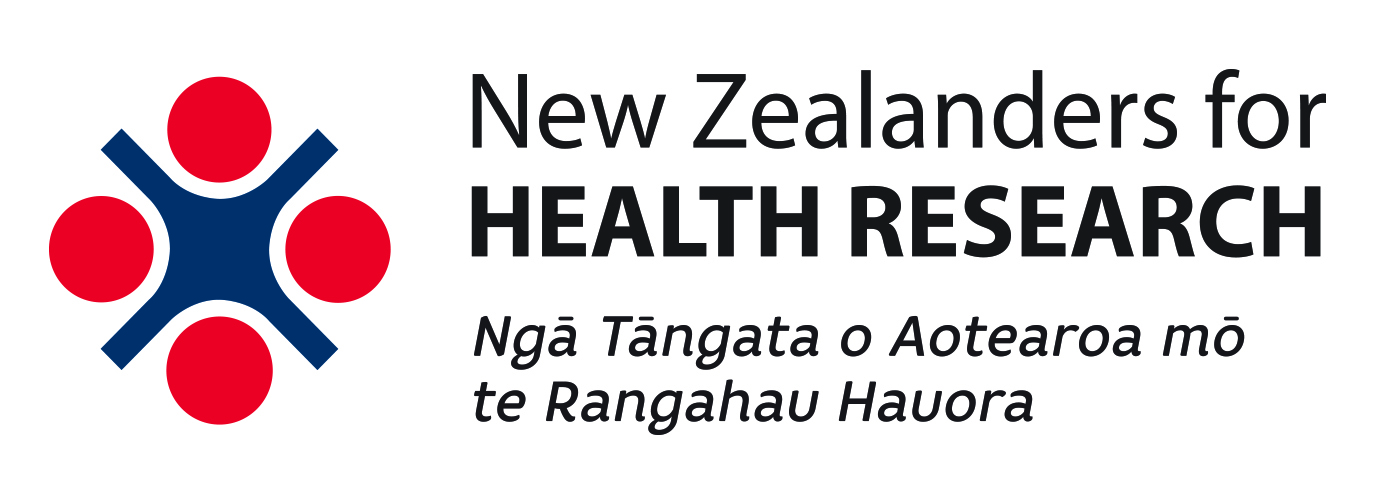September Newsletter
New Zealanders for Health Research (NZHR) Newsletter
Past issues of our newsletter have tended to focus on providing updates on NZHR’s development and activities. While we’ll continue to do this from time to time, we also want the newsletter to highlight and comment on current issues of relevance to all of us who have a passion for and interest in health research in New Zealand.
This issue therefore highlights a recent and fascinating Lancet paper, which appears not to have come to the attention of New Zealand’s media, comparing New Zealanders’ health with that of other countries. We also draw attention to a couple of significant health research initiatives which have been in the news.
We hope you enjoy reading our newsletter, and we welcome any suggestions both for topics to cover and for improving what we do. We’re also considering giving the newsletter a catchy name – if you’ve got any bright ideas please let us know. Feedback and suggestions can be given to us by clicking on this linkhttps://www.surveymonkey.com/r/FBZD8KQ
New Zealand ranks 30th in world in achievement of UN health related sustainability goals
New Zealanders for Health Research’s vision is improved health and prosperity for New Zealanders through health research.
We’re interested therefore in how New Zealanders’ health compares with that of other countries. One avenue is the UN’s seventeen Sustainable Development Goals (SDGs), announced in September 2015, ten of which have the potential to have a positive impact on national health outcomes, as measured by 33 indicators of achievement and progress.
Fast forward twelve months and Lancet has published a study which ranks New Zealand 30th in the world in the achievement of the health related SDGs. Although we’re in the top 16% of countries it is sobering to reflect that we’re behind Iceland, Singapore and Sweden, which are first, second and third respectively, the UK (5th), Australia (10th), the USA (28th), as well as most of Europe.
One significant reason for New Zealand’s relatively low ranking, compared to, say, Australia and the UK, was our exposure to natural disasters and the effect this has on mortality and morbidity – undoubtedly a reflection in part of the impact of the Christchurch earthquakes. That has been a wake-up call which has resulted in requirements for existing public buildings to be strengthened, and for new ones to be significantly more earthquake proof.
Other indicators where New Zealand had a low or modest score, and therefore where we could and should do better, were those relating to obesity, MMR immunisation, HIV, hepatitis B, suicide, alcohol consumption, adolescent birth rate, cigarette smoking and intimate partner violence.
No real surprises here, but what is perhaps surprising are the figures tucked away in the paper’s appendices showing that New Zealand ranked 179th and 166th out of 188 countries when measuring the amount of change that has occurred across all 33 indicators since 1990 and 2000 respectively.
This points to the persistence of the issues that are holding us back, and our failure to execute effective strategies for addressing them.
As a country we know where we need to focus our energy and resources if we are to become healthier, but it seems that that the “how” is more elusive. In the light of the Lancet report it’s our expectation that New Zealand’s health research strategy, when developed, will be clearly linked to researching and addressing the barriers to executing effective actions for sustained improvements in health outcomes.
New Zealanders for Health Research intends to review and comment on both the content of the health research strategy, and its implementation, accordingly.
If you’d like to offer any comments about the Lancet paper, or NZHR’s commentary, please do so via the survey monkey link above. We’ll be happy to share feedback in this newsletter’s next issue.
The Lancet paper can be found online here.
Health Research Funding in the spotlight
September saw within a few days of each other the announcement of a couple of very significant health research funding initiatives – one here in New Zealand and the other internationally.
The University of Auckland launched its All Our Futures campaign to raise $300 million to address critical challenges in society and the economy. The money is to be used for research projects, scholarships and teaching resources to address questions such as whether the country can be earthquake-proofed, the economy made more robust or lives transformed with creativity.
Medical research has so far attracted $23.7 million in donations, including $2.5 million from the Auckland Medical Research Foundation for a “scholars fund” to recruit talented medical academics globally. The NBR quotes Auckland University’s Vice Chancellor Stuart McCutcheon as saying “Future generations will have to face challenges that now seem intractable – climate change, unequal access to health care and education, the emergence of new diseases and an ageing population”.
Internationally, Facebook CEO Mark Zuckerberg and his wife Priscilla Chan, a paediatrician, have announced their intention to spend $US3 billion over 10 years on medical research. According to Stuff the aim is to accelerate basic scientific research, including the creation of research tools – from software to hardware to yet-undiscovered techniques – that they hope will ultimately lead to scientific breakthroughs. The ultimate goal is to “cure, prevent or manage all disease” by the end of the century.
“We spend 50 times more on healthcare treating people who are sick than we spend on science research [to cure] diseases so that people don’t get sick in the first place,” Zuckerberg said.
New Zealanders for Health Research is committed to seeing more money from all sources invested in health research, and extends its best wishes to both initiatives.
![]()
Chris Higgins
Chief Executive

